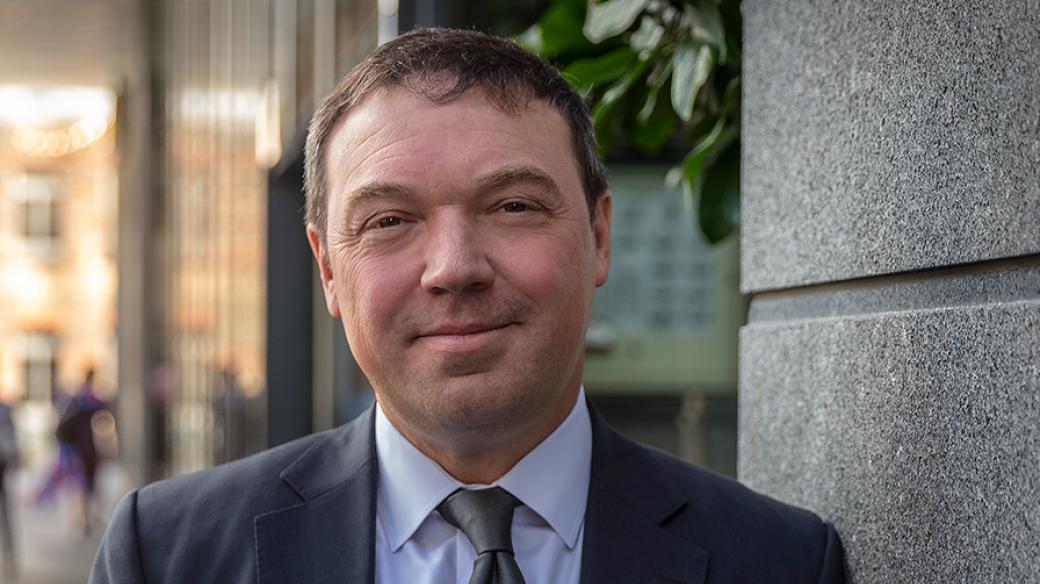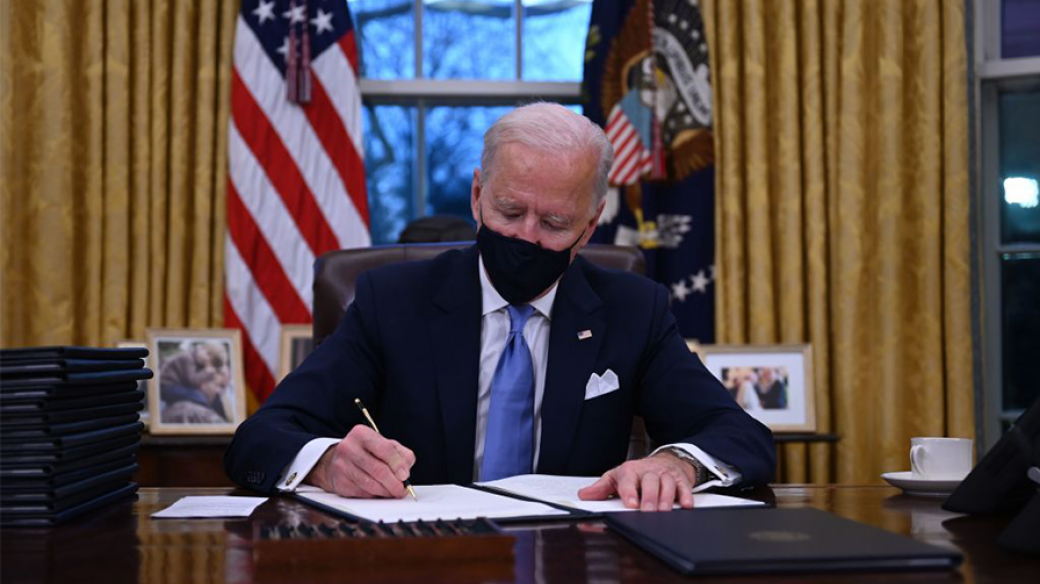FMA can’t be like the Hotel California, CEO says
But he admits Nick Kynoch’s resignation from regulator raises conflict questions.
But he admits Nick Kynoch’s resignation from regulator raises conflict questions.
The Financial Markets Authority says it has introduced restraint of trade clauses into senior executive contracts to stop them working for any private sector entity under its regulation for three months after they resign.
Chief executive Rob Everett said the issue of post-public sector employment conflicts of interest had been on the regulator’s mind for some time prior to today’s announced resignation of general counsel Nick Kynoch.
Kynoch, who is in charge of the FMA’s enforcement and ligitation, policy and governance, corporate legal and internal audit teams, is leaving the regulator after five years to return to the private sector.
He’s taken a role as general counsel at Generate, the ninth-largest KiwiSaver provider with funds under management of $2.7 billion and more than 95,000 members. It said it was happy to have attracted someone of Kynoch’s calibre, given his more than 20 years experience in financial services regulation including with Barclays Bank and international law firms prior to his FMA role.
Everett said Kynoch was on an older contract that didn’t include the restraint of trade provisions included in senior executive contracts since late 2019. But Kynoch will be stood down for several weeks as part of his two-month notice period, even though his role wasn’t directly related to the regulation of KiwiSaver providers.
Kynoch had also indicated ahead of his resignation that he was looking to make the shift to a KiwiSaver provider and “nothing has since passed by him” that could be a conflict, Everett said.
The last senior executive to leave for a private sector role that raised the post-public sector conflict issue was Paul Gregory who resigned as the authority’s director of external communications and investor capability in 2017 to work for boutique investment manager PIE Funds as chief operating officer. He rejoined the FMA last year in the newly created role of director of investment management, leading its focus on regulating the retail investment management sector, including KiwSaver.

The balance
Everett said the restraint of trade provisions, along with confidentiality provisions in the contracts, were a balance between freedom of employment and making the FMA an attractive place to work versus the “optics” of ensuring there are no conflicts of interest with companies that are regulated by the FMA.
“We don’t want it to be like the Hotel California,” he said (a reference to the lyrics in the hit song by the Eagles).
You can check out any time you like
But you can never leave!
– Hotel California, Eagles
The Serious Fraud Office CEO Julie Read told Parliament’s Justice Select Committee on Thursday the corruption watchdog was struggling to recruit and retain staff despite a funding boost. Everett said it was a competitive employment market, with agencies competing against each other in some instances, and he and the FMA board didn’t want to make the restraints of trade so onerous that it would deter talented people wanting to work for it.
“It is a difficult balance to pitch it right. In my view, if the FMA is doing its job it will be attractive for people in the financial services sector to work and be there for a while and also make them attractive to other firms down the line.”
Everett said he was okay with the idea of senior public servants going in and out of the sector because they played an important ambassadorial role in private sector firms, helping spread the word on good market conduct.
After consultation with other public sector agencies, the new contracts have three months’ notice and a three-month stand down for working for a company regulated by the authority while Everett’s own contract is double that.
When he joined seven years ago, no such provisions were included in any contracts.
He said any longer than a three-month restraint of trade would likely deter people working for the authority and more than six months would likely to be challenged in the courts.
The Public Service Commission oversees conduct in the public sector including the FMA. The 2007 Code of Conduct for the public services is silent though on the subject of post-public sector employment and who would police any such conflicts.
A spokesperson said it was up to the individual public sector employers to deal with the issue and some have restraint of trade provisions for more senior or specialist positions.
There are also legal provisions for lawyers and under general contract law on fiduciary duty for dealing with confidential information garnered while working for a former employer though this would generally need to be expressly stipulated in their employment contract.
Everett said he no concerns about Kynoch leaving while the regulator had several major cases coming up this year including the pending CBL prosecution with an eight-week trial set down for September. He said while Kynoch provided valuable input, other staff members had direct responsibility for various legal actions and there would be no disruption from his resignation.
Director of regulation Liam Mason would become the FMA’s acting general counsel while Everett considered how best to replace Kynoch.

Potential conflicts
Post-public sector conflicts is an issue the OECD has wrestled with in recent years in terms of getting the balance right between employment freedom and ensuring there was trust in how the public sector operated.
Its guiding principles on post-public employment recommend appropriate measures to prevent and manage conflict of interest when public officials accept appointments to entities with which they had significant dealings before they left the public sector. An appropriate time limit or “cooling-off period” may be required, the OECD said.
The conflict issue is taken seriously in the United States where there’s concern over senior private sector executives going to work for government agencies and then later returning to work in the private sector in what has been dubbed the ‘revolving door’ phenomenon.
The US legal restrictions include bans on former senior government employees communicating or appearing before their former agency with the intent to influence anyone for one year after leaving service and up to two years for very senior officials.
US President Joe Biden issued a sweeping executive order in January outlining ethics rules for officials serving in his administration in order to restore public trust.
Departing president Donald Trump had revoked his own ethics pledge just hours before departing the White House allowing his current and former Trump appointees to immediately become lobbyists. President Bill Clinton did the same thing when he left office.
Under Biden’s pledge, executive branch appointees can’t lobby their former agencies upon leaving government for two years and a new provision addresses ‘shadow lobbying’ by stopping former executive branch employees from working behind the scenes to lobby for a year after leaving.
Sign up to get the latest stories and insights delivered to your inbox – free, every day.